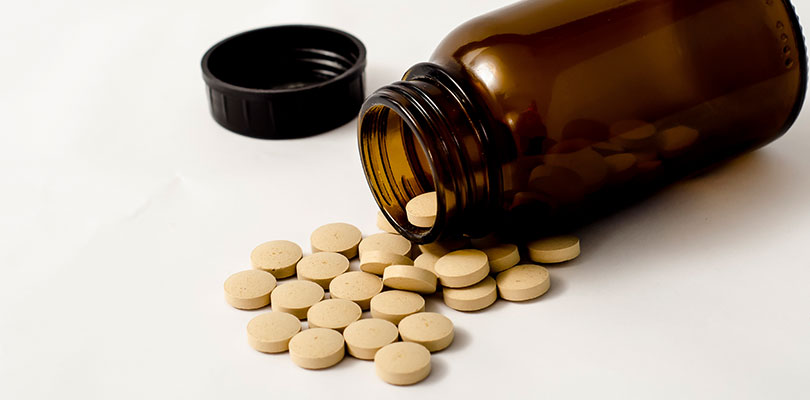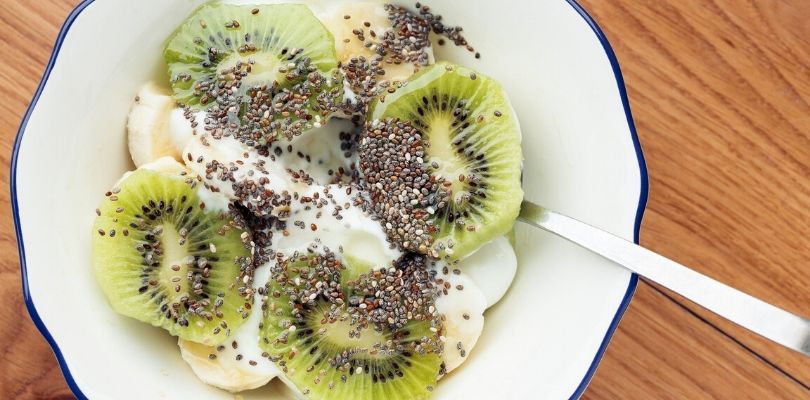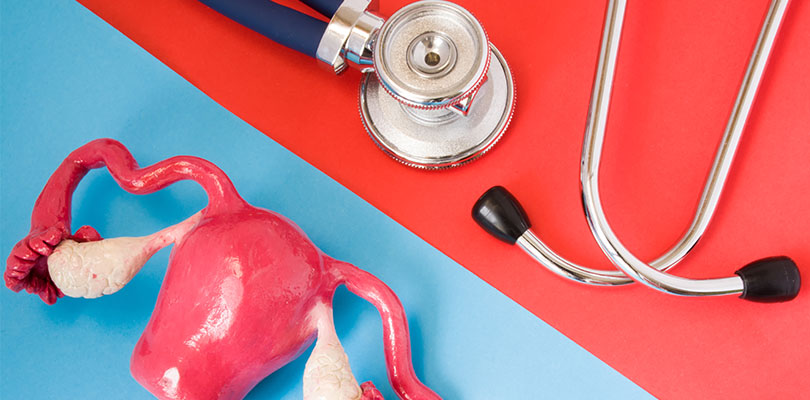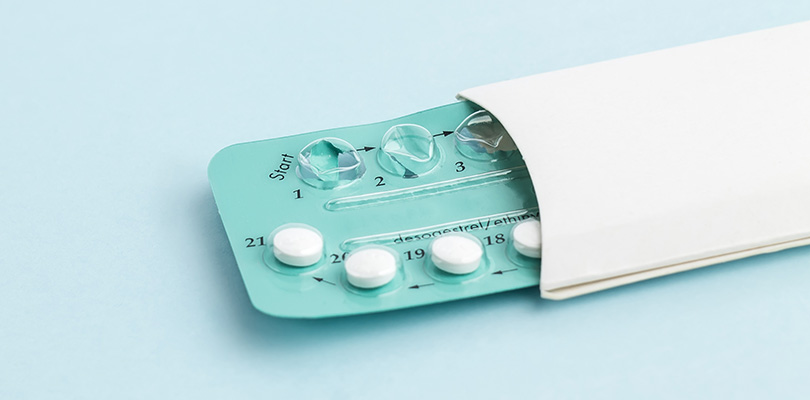The Best Supplements for Menopause Management
Menopause brings a big bag of tricks that can make your life pretty miserable, and it can be difficult to manage the symptoms without turning to invasive therapies. Understandably, many women would rather make use of more natural therapies than artificial hormones, but are vitamins and supplements effective in the face of your disruptive and pervasive menopause symptoms?
The short answer: maybe. Herbs, plants, and naturally-derived compounds could be helpful, but they’re not all created equal. To complicate things further, some that have been hailed as cure-alls turn out to be duds in medical studies. Before you hit the pharmacy shelves, get to know what supplements may be your best bet for more relief.
Soy
Soybeans — as well as their milk and curd — have estrogen-like effects in the body, which can help to counteract the natural decline in estrogen once you enter menopause. Some women find supplementing with soy is most helpful to ease hot flashes and night sweats.
Although studies have returned conflicting results on the benefit of soy, experts do agree on one fact: food forms like edamame and tofu are better than refined powders or tablets. Moreover, consuming soy in its whole, natural form usually won’t pose a health risk, even if it doesn’t cure your menopause discomforts.
Resources
Health (Can Supplements Ease Menopause Symptoms?)WebMD (Vitamins and Supplements Lifestyle Guide)WebMD (IPRIFLAVONE)WebMD (Natural Treatments for Menopause Symptoms)WebMD (Is DHEA the Next Wonder Drug for Menopause?)WebMD (St. John’s Wort for Depression and Mood)Healthline (B-Well: Why Women in Perimenopause Need B-Vitamins)A menopause diet can help combat menopause symptoms like headaches and hot flashes. Here are the best foods to eat, and also the ones to avoid.







